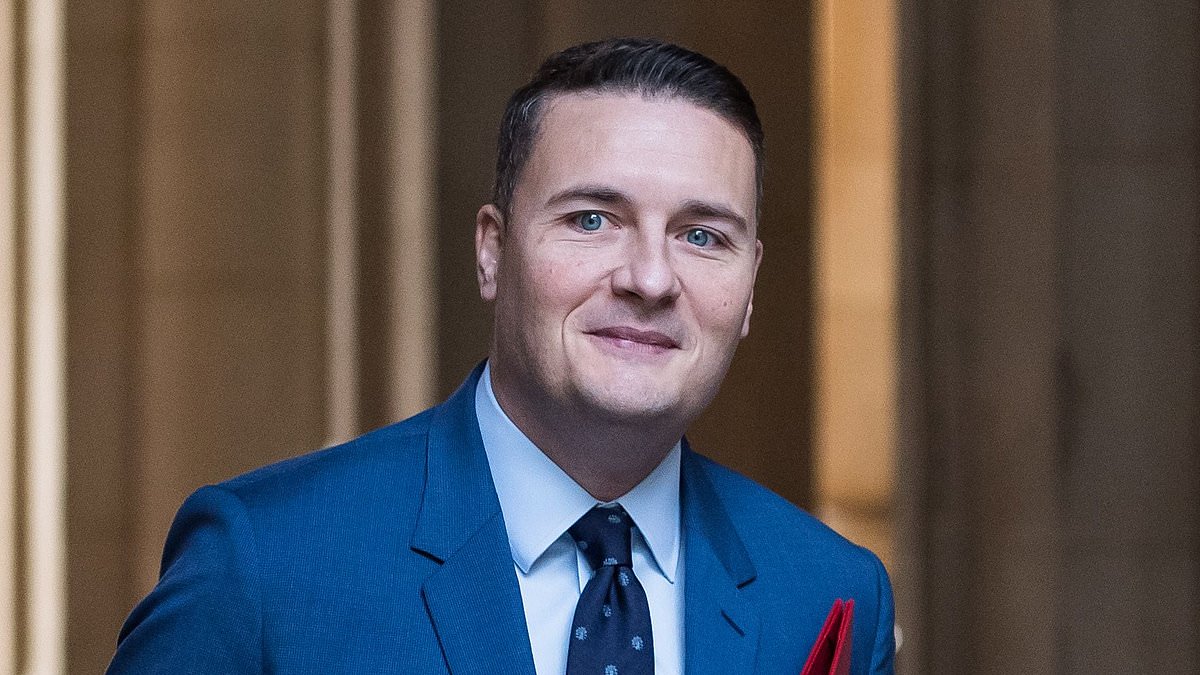Puberty blockers for under-18s with gender dysphoria will be banned in the UK, the Department of Health and Social Care has announced.
Following official advice from medical experts, existing emergency measures banning the sale and supply of puberty blockers will be made indefinite, the Government said.
The Commission on Human Medicines (CHM) published independent expert advice that there is ‘currently an unacceptable safety risk in the continued prescription of puberty blockers to children’.
The commission recommended indefinite restrictions while work is done to ensure the safety of children and young people, the Government confirmed.
Health and Social Care Secretary Wes Streeting said there is a need to ‘act with caution’ and ‘follow the expert advice’ in caring for this ‘vulnerable group of young people’.
‘Children’s healthcare must always be evidence-led. The independent expert Commission on Human Medicines found that the current prescribing and care pathway for gender dysphoria and incongruence presents an unacceptable safety risk for children and young people,’ he said.
‘Dr Cass’s review also raised safety concerns around the lack of evidence for these medical treatments. We need to act with caution and care when it comes to this vulnerable group of young people, and follow the expert advice.
‘We are working with NHS England to open new gender identity services, so people can access holistic health and wellbeing support they need.
‘We are setting up a clinical trial into the use of puberty blockers next year, to establish a clear evidence base for the use of this medicine.’
Dr Hilary Cass, who wrote the Cass Review into children’s gender care and published her final report in April, described puberty blockers as ‘powerful drugs with unproven benefits and significant risks’.
She said: ‘That is why I recommended that they should only be prescribed following a multi-disciplinary assessment and within a research protocol.
‘I support the Government’s decision to continue restrictions on the dispensing of puberty blockers for gender dysphoria outside the NHS where these essential safeguards are not being provided.’
